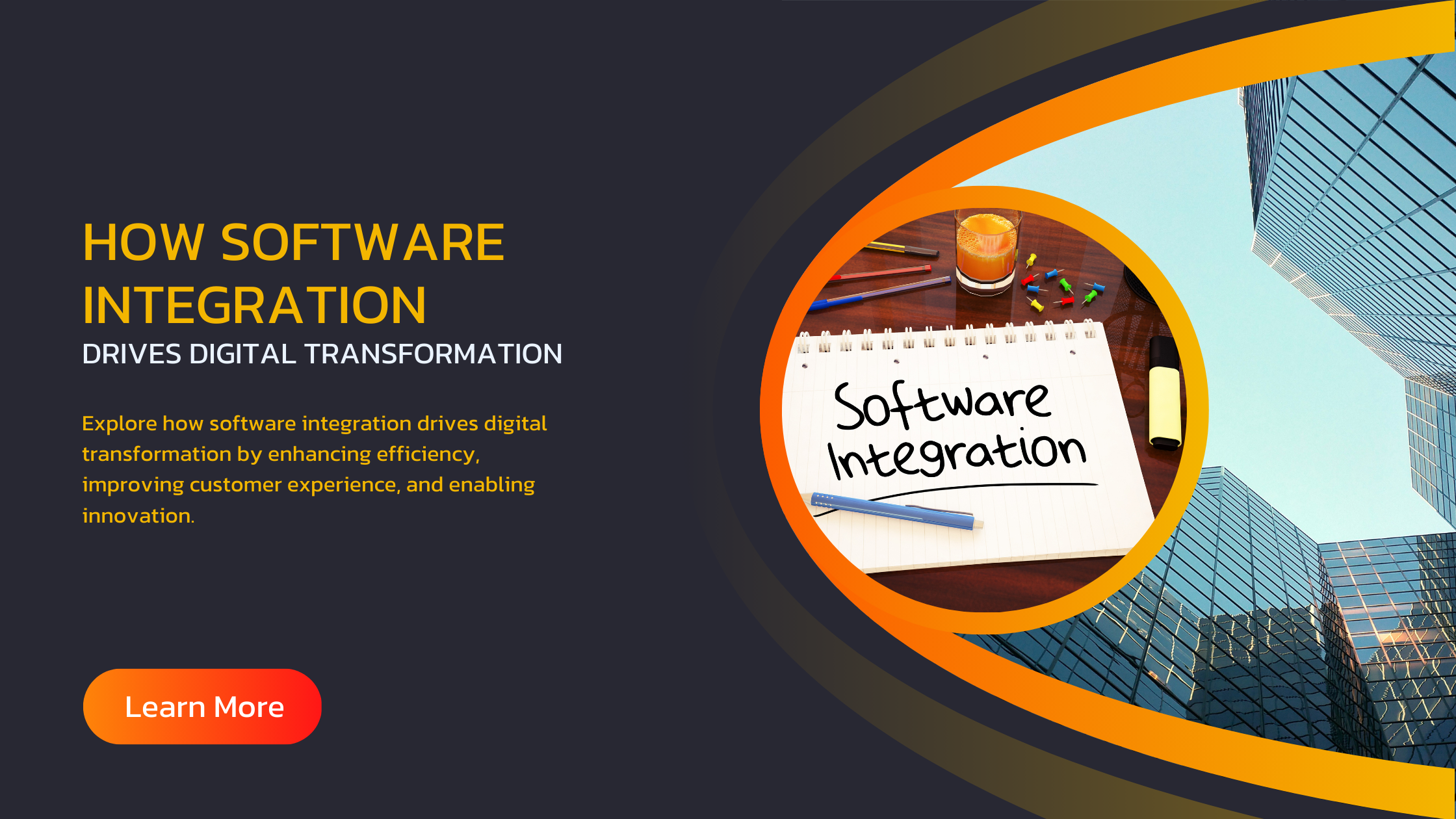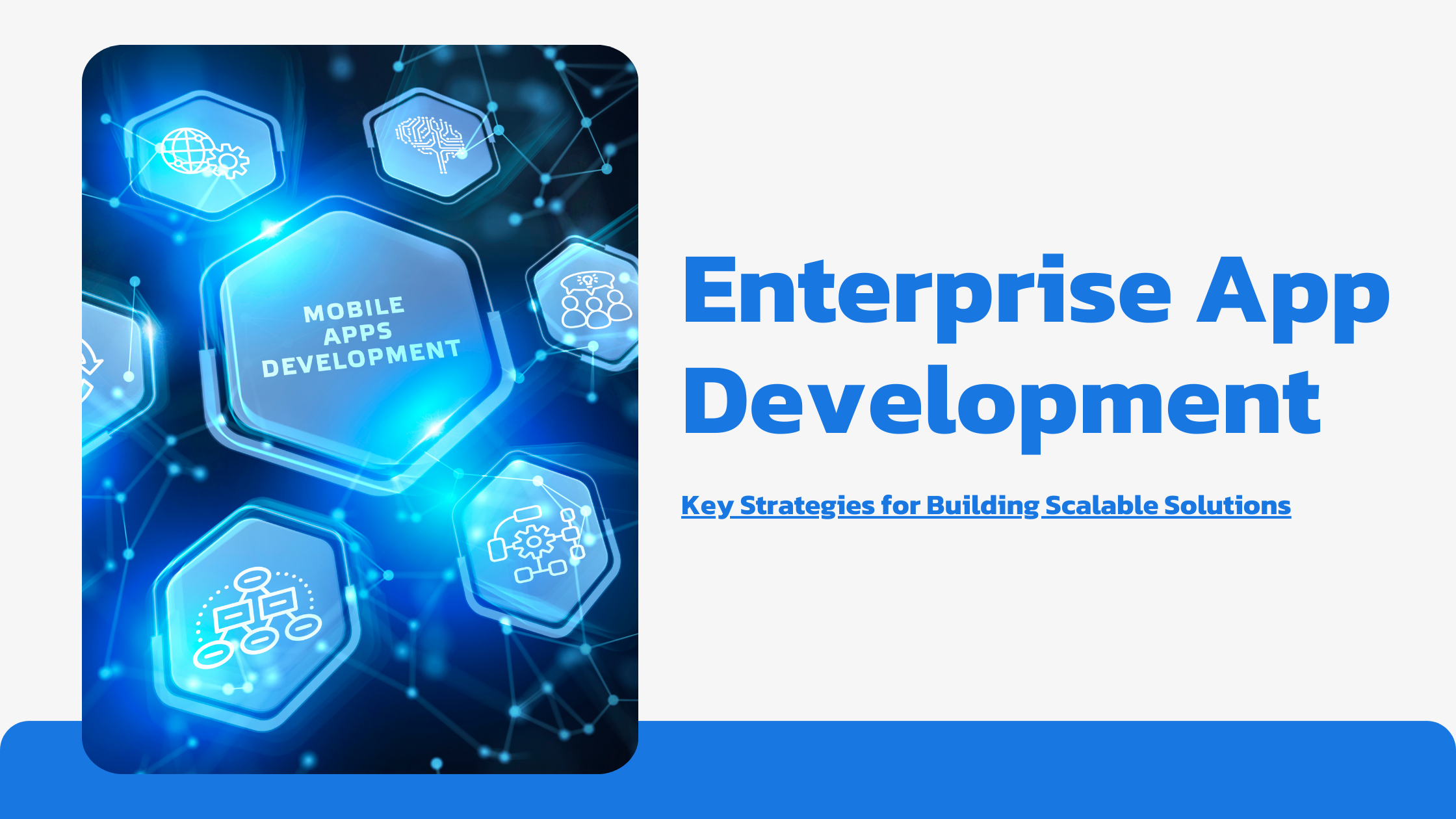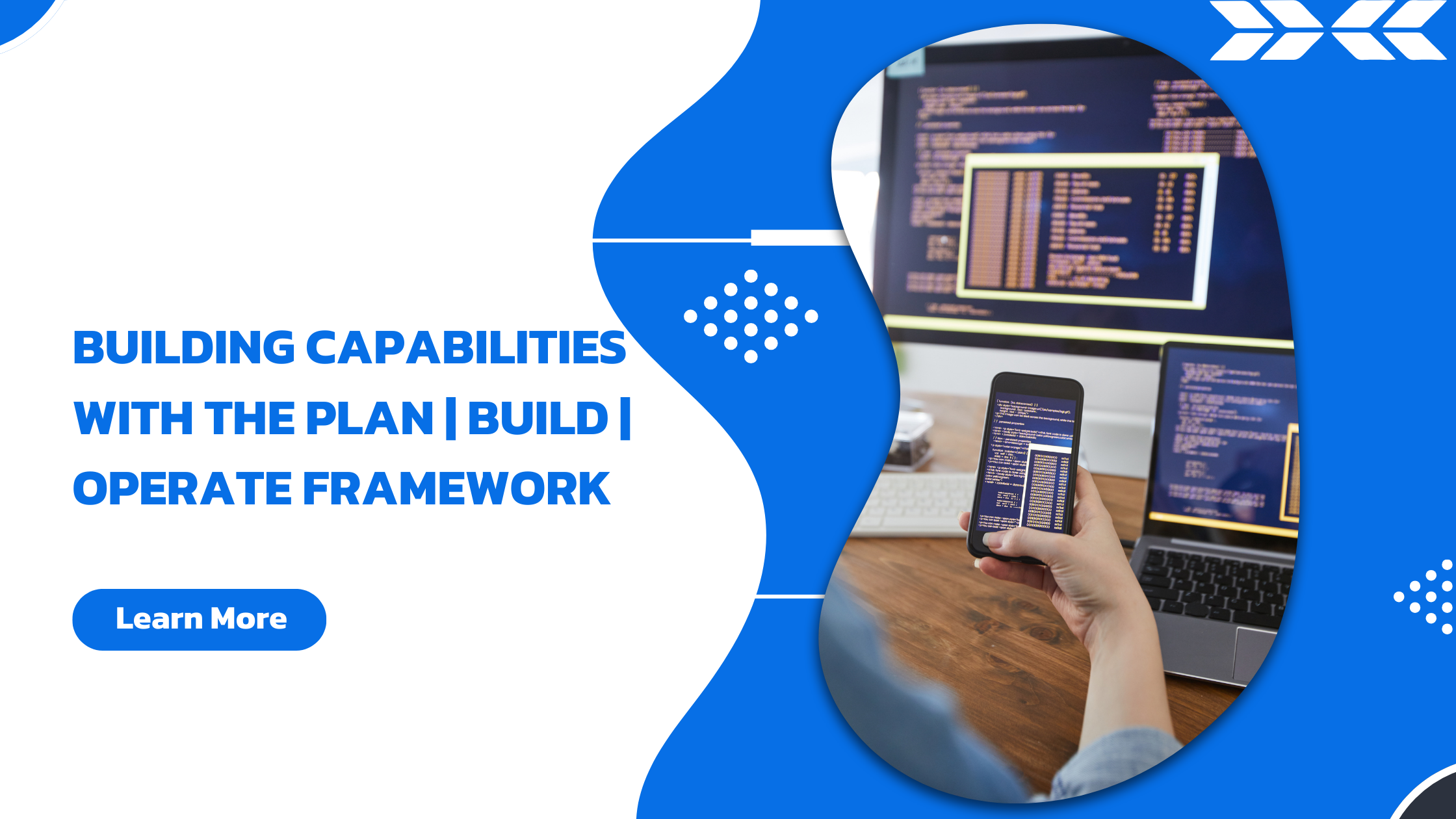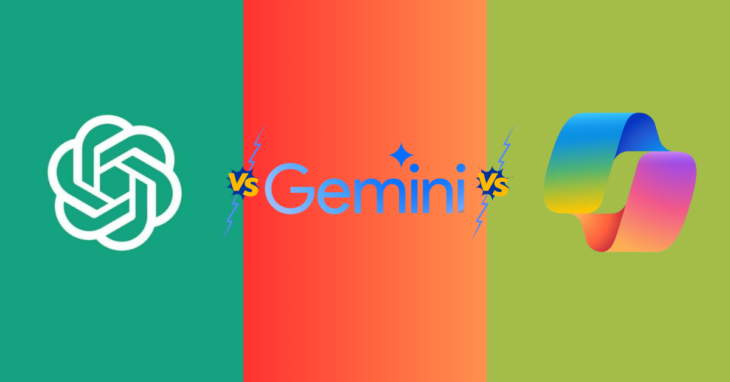
In the rapidly evolving world of artificial intelligence, three major players have emerged as the front-runners in the race for AI supremacy: ChatGPT, Gemini, and Copilot. As these powerful language models continue to shape the future of technology, it’s crucial to understand their strengths, weaknesses, and unique features. This comprehensive guide aims to provide an in-depth comparison of ChatGPT vs Gemini vs Copilot, helping you navigate the complex landscape of AI-powered assistants.
The AI Revolution: Setting the Stage
Before we dive into the nitty-gritty of ChatGPT vs Gemini vs Copilot, it’s essential to understand the context in which these AI giants have emerged. The field of artificial intelligence has seen unprecedented growth in recent years, with natural language processing (NLP) and machine learning at the forefront of this revolution.
ChatGPT, developed by OpenAI, burst onto the scene in late 2022, captivating users with its ability to generate human-like text and engage in conversations on a wide range of topics. Gemini, Google’s answer to ChatGPT, was introduced in 2023, promising enhanced capabilities and a more intuitive user experience. Microsoft’s Copilot, initially designed as a coding assistant, has evolved into a versatile AI tool that integrates seamlessly with various applications.
As we embark on this journey to compare ChatGPT vs Gemini vs Copilot, we’ll explore their origins, capabilities, use cases, and potential impact on various industries. By the end of this guide, you’ll have a clear understanding of how these AI powerhouses stack up against each other and which one might be best suited for your specific needs.
ChatGPT: The Pioneer
When discussing ChatGPT vs Gemini vs Copilot, it’s impossible to overlook the impact ChatGPT has had on the AI landscape. Launched in November 2022, ChatGPT quickly became a household name, amassing over 100 million users in just two months.
Key Features of ChatGPT:
1. Natural language understanding and generation
2. Contextual awareness in conversations
3. Ability to perform various tasks, from writing to problem-solving
4. Regular updates and improvements
ChatGPT’s strength lies in its versatility and ability to understand and respond to a wide range of prompts. Whether you’re looking for creative writing assistance, coding help, or simply engaging in casual conversation, ChatGPT has proven to be a reliable companion.
However, ChatGPT is not without its limitations. The model can sometimes produce inaccurate or biased information, and its knowledge is limited to its training data cutoff date. Despite these drawbacks, ChatGPT remains a formidable contender in the ChatGPT vs Gemini vs Copilot comparison.
Gemini: Google’s AI Powerhouse
In the ongoing battle of ChatGPT vs Gemini vs Copilot, Google’s Gemini has emerged as a strong challenger to ChatGPT’s dominance. Launched in December 2023, Gemini represents Google’s most advanced AI model to date.
Key Features of Gemini:
1. Multimodal capabilities (text, image, audio, and video understanding)
2. Enhanced reasoning and problem-solving skills
3. Seamless integration with Google’s ecosystem
4. Improved factual accuracy and up-to-date information
Gemini’s multimodal approach sets it apart in the ChatGPT vs Gemini vs Copilot comparison. Unlike ChatGPT, which primarily focuses on text, Gemini can process and understand various types of input, making it a more versatile tool for complex tasks.
One of Gemini’s standout features is its ability to break down complex problems into smaller, manageable steps. This makes it particularly useful for tasks that require logical reasoning and step-by-step problem-solving.
However, Gemini is still relatively new compared to ChatGPT, and its full potential is yet to be realized. As Google continues to refine and expand Gemini’s capabilities, it’s likely to become an even more formidable competitor in the ChatGPT vs Gemini vs Copilot arena.
Copilot: Microsoft’s AI Assistant
Completing the trio in our ChatGPT vs Gemini vs Copilot comparison is Microsoft’s Copilot. Originally introduced as GitHub Copilot, a coding assistant, Copilot has evolved into a more comprehensive AI tool that integrates with various Microsoft applications.
Key Features of Copilot:
1. Seamless integration with Microsoft Office suite
2. Coding assistance and pair programming capabilities
3. Context-aware suggestions and autocompletion
4. Customizable to specific workflows and preferences
Copilot’s strength lies in its deep integration with Microsoft’s ecosystem. For users already familiar with Microsoft products, Copilot offers a natural extension of their existing workflows, making it a powerful productivity tool.
In the realm of coding, Copilot stands out in the ChatGPT vs Gemini vs Copilot comparison. Its ability to suggest code snippets, complete functions, and even generate entire code blocks based on natural language descriptions has made it a favorite among developers.
However, Copilot’s focus on Microsoft-specific applications may limit its appeal to users who prefer other platforms or require more general-purpose AI assistance.
ChatGPT vs Gemini vs Copilot: A Head-to-Head Comparison
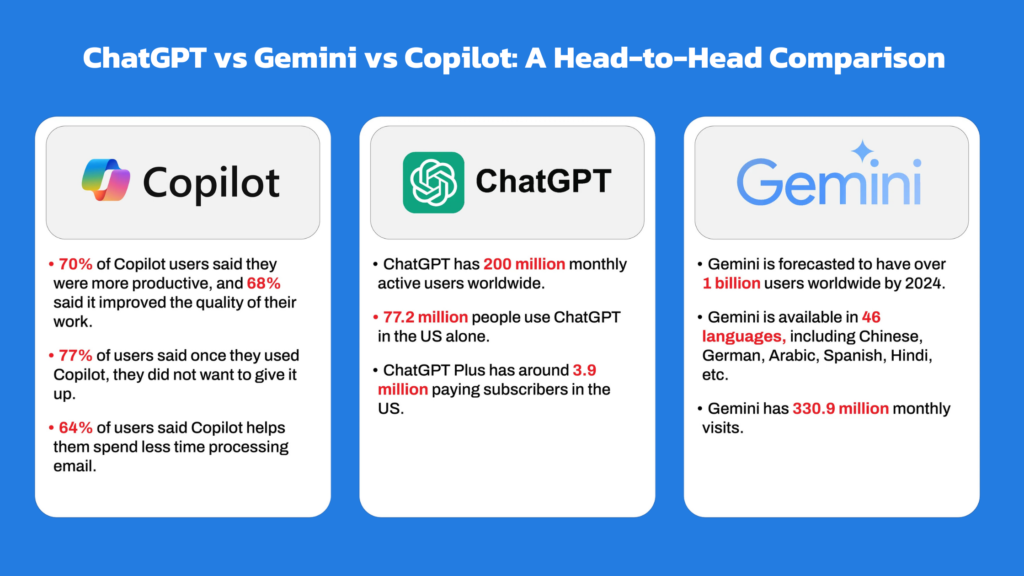
Now that we’ve introduced each of these AI powerhouses, let’s dive into a detailed comparison of ChatGPT vs Gemini vs Copilot across various categories.
1. Natural Language Processing
In the ChatGPT vs Gemini vs Copilot showdown, all three models excel in natural language processing. However, there are subtle differences in their approaches and capabilities.
ChatGPT: Known for its fluent and coherent responses, ChatGPT excels in generating human-like text across a wide range of topics. Its strength lies in understanding context and maintaining consistency throughout long conversations.
Gemini: While also proficient in natural language processing, Gemini takes it a step further with its multimodal capabilities. It can understand and generate text based on visual and audio inputs, giving it an edge in certain scenarios.
Copilot: Copilot’s natural language processing shines in specific contexts, particularly in coding and productivity tasks. Its ability to understand intent and generate relevant suggestions within Microsoft applications sets it apart in these domains.
2. Accuracy and Factual Correctness
When comparing ChatGPT vs Gemini vs Copilot, accuracy and factual correctness are crucial factors to consider.
ChatGPT: While generally reliable, ChatGPT has been known to occasionally produce inaccurate or outdated information. Its knowledge is limited to its training data cutoff date, which can lead to errors when discussing recent events or rapidly changing fields.
Gemini: Google touts Gemini as having improved factual accuracy compared to its predecessors. With access to more up-to-date information and enhanced reasoning capabilities, Gemini may have an edge in this category.
Copilot: Copilot’s accuracy shines in specific domains, particularly in coding and Microsoft-related tasks. However, for general knowledge and factual information, it may not be as comprehensive as ChatGPT or Gemini.
3. Versatility and Use Cases
The ChatGPT vs Gemini vs Copilot comparison reveals different strengths when it comes to versatility and potential use cases.
ChatGPT: Excels in a wide range of tasks, from creative writing and brainstorming to answering questions and providing explanations on various topics. Its versatility makes it suitable for both personal and professional use.
Gemini: With its multimodal capabilities, Gemini opens up new possibilities for tasks that involve visual and audio elements. This makes it particularly useful for fields like education, research, and multimedia content creation.
Copilot: While more focused in its applications, Copilot’s deep integration with Microsoft products makes it incredibly powerful for productivity tasks, document creation, and coding within the Microsoft ecosystem.
4. Integration and Accessibility
When considering ChatGPT vs Gemini vs Copilot, it’s important to look at how easily each can be integrated into existing workflows.
ChatGPT: Available through a web interface and API, ChatGPT can be integrated into various applications and services. However, it lacks native integration with specific productivity suites.
Gemini: As part of Google’s ecosystem, Gemini is expected to integrate seamlessly with Google’s suite of products, potentially giving it an edge for users already invested in the Google ecosystem.
Copilot: Excels in this category due to its deep integration with Microsoft Office and development tools. For users of Microsoft products, Copilot offers a nearly frictionless experience.
5. Customization and Training
The ability to customize and fine-tune these AI models is an important consideration in the ChatGPT vs Gemini vs Copilot comparison.
ChatGPT: Offers some level of customization through prompt engineering and fine-tuning options for enterprise users. However, individual users have limited ability to personalize the model.
Gemini: While details are still emerging, Google has hinted at the possibility of customizing Gemini for specific use cases and industries.
Copilot: Offers a high degree of customization, particularly in coding scenarios. Users can train Copilot on their codebase, allowing for more personalized and relevant suggestions.
6. Ethical Considerations and Bias
As AI becomes more prevalent, ethical considerations and bias mitigation are crucial factors in the ChatGPT vs Gemini vs Copilot debate.
ChatGPT: OpenAI has implemented various safeguards to prevent harmful or biased outputs. However, like all AI models, ChatGPT can still reflect biases present in its training data.
Gemini: Google has emphasized its commitment to responsible AI development, suggesting that Gemini may have enhanced safeguards against bias and harmful content.
Copilot: Microsoft has implemented ethical guidelines in Copilot’s development, particularly in areas like code generation, to ensure responsible and fair use of AI technology.
7. Performance and Speed
When comparing ChatGPT vs Gemini vs Copilot, performance and response time are important factors to consider.
ChatGPT: Generally offers quick responses, but performance can vary depending on server load and the complexity of the task.
Gemini: Early reports suggest that Gemini offers impressive speed, particularly in complex reasoning tasks. However, real-world performance data is still limited.
Copilot: Known for its quick suggestions and real-time assistance, particularly in coding scenarios. Its integration with Microsoft products allows for seamless and rapid interactions.
8. Learning and Improvement
The ability of these AI models to learn and improve over time is a crucial factor in the ChatGPT vs Gemini vs Copilot comparison.
ChatGPT: Receives regular updates and improvements from OpenAI, incorporating new data and refining its capabilities.
Gemini: As Google’s flagship AI model, Gemini is expected to receive continuous updates and improvements, potentially at a faster pace than its competitors.
Copilot: Benefits from Microsoft’s ongoing research and development, with regular updates improving its coding suggestions and productivity features.
9. Cost and Accessibility
When considering ChatGPT vs Gemini vs Copilot, cost and accessibility play a significant role in their adoption and use.
ChatGPT: Offers a free tier with limited features and a paid subscription (ChatGPT Plus) for enhanced capabilities and priority access.
Gemini: Pricing details are still emerging, but it’s expected to be integrated into Google’s existing services, potentially offering both free and paid tiers.
Copilot: Available as part of Microsoft 365 subscriptions, with specific pricing for GitHub Copilot for developers.
10. Future Potential and Development
As we look to the future of AI, the potential for growth and development is a key consideration in the ChatGPT vs Gemini vs Copilot comparison.
ChatGPT: With OpenAI’s track record of innovation, ChatGPT is likely to continue evolving and expanding its capabilities.
Gemini: Backed by Google’s vast resources and research capabilities, Gemini has the potential to make significant leaps in AI technology.
Copilot: Microsoft’s commitment to AI integration across its product line suggests that Copilot will continue to grow and adapt to user needs.
Industry-Specific Applications: ChatGPT vs Gemini vs Copilot
As we delve deeper into the ChatGPT vs Gemini vs Copilot comparison, it’s important to consider how these AI models perform in specific industries and use cases.
1. Education
In the education sector, the ChatGPT vs Gemini vs Copilot battle takes on new dimensions.
ChatGPT: Excels in providing explanations, answering questions, and assisting with research. Its ability to engage in Socratic dialogues makes it a valuable tool for interactive learning.
Gemini: With its multimodal capabilities, Gemini could revolutionize educational content creation, offering visual and auditory explanations alongside text.
Copilot: While less prominent in general education, Copilot’s coding assistance makes it invaluable for computer science education and programming courses.
2. Healthcare
The healthcare industry presents unique challenges and opportunities in the ChatGPT vs Gemini vs Copilot comparison.
ChatGPT: Can assist with patient education, medical research summaries, and even preliminary symptom analysis (with appropriate disclaimers).
Gemini: Its ability to process visual information could be groundbreaking for medical imaging analysis and diagnostic assistance.
Copilot: May find applications in medical documentation and data analysis within healthcare systems using Microsoft products.
3. Finance and Banking
In the world of finance, the ChatGPT vs Gemini vs Copilot debate takes on new significance.
ChatGPT: Useful for financial analysis, market research, and explaining complex financial concepts to clients.
Gemini: Could potentially process and analyze financial data from multiple sources, including visual data like charts and graphs.
Copilot: Excels in financial modeling and data analysis within Excel and other Microsoft financial tools.
4. Creative Industries
The creative sector offers a unique battleground for the ChatGPT vs Gemini vs Copilot comparison.
ChatGPT: Shines in creative writing, brainstorming ideas, and generating content across various formats.
Gemini: Its multimodal capabilities could revolutionize content creation, allowing for the generation of text, images, and potentially even music.
Copilot: While less focused on creative tasks, it can assist in document formatting and presentation design within Microsoft products.
5. Software Development
In the realm of software development, the ChatGPT vs Gemini vs Copilot comparison takes on a whole new dimension.
ChatGPT: Useful for explaining coding concepts, debugging, and generating code snippets across various programming languages.
Gemini: Could potentially offer more advanced code generation and analysis, possibly integrating visual elements like diagrams and flowcharts.
Copilot: Specifically designed for coding assistance, it excels in pair programming, code completion, and generating entire functions based on natural language descriptions.
Challenges and Limitations: ChatGPT vs Gemini vs Copilot
While these AI models offer incredible capabilities, it’s important to acknowledge their limitations in our ChatGPT vs Gemini vs Copilot comparison.
1. Ethical Concerns and Bias
All three models face challenges related to bias and ethical use of AI.
ChatGPT: Has faced criticism for potential biases in its responses and the possibility of generating misleading information.
Gemini: While Google emphasizes responsible AI development, the full extent of Gemini’s ethical safeguards is yet to be thoroughly tested.
Copilot: Faces scrutiny over copyright issues related to code generation, raising questions about the ethical use of training data.
2. Accuracy and Reliability
The quest for accuracy remains an ongoing challenge in the ChatGPT vs Gemini vs Copilot comparison.
ChatGPT: Can sometimes generate plausible-sounding but incorrect information, requiring user verification.
Gemini: While promising improved accuracy, real-world testing is needed to confirm these claims across diverse use cases.
Copilot: Generally reliable for coding tasks but may suggest deprecated or suboptimal solutions in some cases.
3. Privacy and Data Security
As AI models process vast amounts of data, privacy concerns are paramount in the ChatGPT vs Gemini vs Copilot debate.
ChatGPT: OpenAI has implemented privacy measures, but concerns remain about data retention and potential misuse.
Gemini: Google’s track record on data privacy will be closely scrutinized as Gemini is integrated into more services.
Copilot: Microsoft’s handling of user data, particularly in coding and document creation, will be a key focus for privacy advocates.
4. Overreliance and Skill Atrophy
As these AI assistants become more capable, there’s a risk of overreliance in the ChatGPT vs Gemini vs Copilot ecosystem.
ChatGPT: Users may become overly dependent on AI-generated content, potentially impacting critical thinking and creativity.
Gemini: Its multimodal capabilities could lead to overreliance on AI for tasks that traditionally required human expertise.
Copilot: In coding scenarios, there’s a risk of developers becoming too reliant on AI-generated code, potentially impacting their skill development.
The Future of AI: Beyond ChatGPT vs Gemini vs Copilot
As we look to the future, the ChatGPT vs Gemini vs Copilot comparison is likely to evolve in exciting and unpredictable ways.
1. Advanced Multimodal Integration
Future AI models may seamlessly integrate text, image, audio, and video processing, blurring the lines between different types of content creation and analysis. This evolution could reshape the ChatGPT vs Gemini vs Copilot landscape, with each model striving to offer more comprehensive multimodal capabilities.
2. Enhanced Personalization
As AI technology advances, we can expect more personalized experiences tailored to individual users’ needs and preferences. This could lead to AI assistants that adapt their communication style, knowledge base, and suggestions based on each user’s unique profile and interaction history.
3. Improved Contextual Understanding
Future iterations in the ChatGPT vs Gemini vs Copilot race will likely demonstrate an even deeper understanding of context, nuance, and implicit information. This could result in more natural and intuitive interactions, with AI assistants capable of picking up on subtle cues and responding appropriately.
4. Expanded Real-World Integration
We may see AI assistants like ChatGPT, Gemini, and Copilot becoming more deeply integrated into our daily lives, from smart home devices to augmented reality interfaces. This integration could transform how we interact with technology and access information in our everyday environments.
5. Advancements in Ethical AI
As the ethical implications of AI become more pronounced, future developments in the ChatGPT vs Gemini vs Copilot arena will likely focus on creating more transparent, fair, and accountable AI systems. This could include improved mechanisms for detecting and mitigating bias, as well as clearer explanations of AI decision-making processes.
6. Collaborative AI Ecosystems
Rather than a winner-takes-all scenario in the ChatGPT vs Gemini vs Copilot competition, we might see the emergence of collaborative AI ecosystems. Different AI models could specialize in specific tasks or domains, working together to provide more comprehensive and efficient solutions.
7. Quantum AI Integration
As quantum computing technology advances, we may see its integration with AI models like ChatGPT, Gemini, and Copilot. This could lead to unprecedented computational power and problem-solving capabilities, potentially revolutionizing fields like drug discovery, climate modeling, and complex system optimization.
8. Enhanced Creativity and Innovation
Future AI models may move beyond assistance and into the realm of true collaboration, working alongside humans to push the boundaries of creativity and innovation. This could transform fields like art, music, literature, and scientific research.
9. Improved Language Understanding and Translation
Advancements in natural language processing could lead to AI models that understand and communicate in hundreds of languages with near-native proficiency. This could break down language barriers and facilitate global communication and collaboration.
10. AI-Powered Decision Making
As AI models become more sophisticated, they may play an increasingly important role in complex decision-making processes. This could range from personal financial planning to large-scale policy decisions, with AI providing data-driven insights and recommendations.
Choosing the Right AI Assistant: ChatGPT vs Gemini vs Copilot
With the rapid advancements in AI technology, choosing the right AI assistant can be a daunting task. Here are some factors to consider when deciding between ChatGPT vs Gemini vs Copilot:
1. Use Case Specificity
Consider your primary use case. If you need a general-purpose AI assistant for a wide range of tasks, ChatGPT might be your best bet. For tasks involving multiple types of data (text, image, audio), Gemini could be more suitable. If your focus is on coding and productivity within the Microsoft ecosystem, Copilot would be the logical choice.
2. Integration Requirements
Think about the tools and platforms you use regularly. If you’re heavily invested in Google’s ecosystem, Gemini might offer the most seamless integration. For Microsoft users, Copilot’s deep integration with Office suite and development tools could be a significant advantage. ChatGPT, being more platform-agnostic, might be preferable if you need flexibility across different systems.
3. Privacy and Data Concerns
Consider your data privacy requirements. Review the privacy policies of OpenAI, Google, and Microsoft to understand how your data will be handled when using ChatGPT, Gemini, or Copilot, respectively. If you’re dealing with sensitive information, you may need to explore enterprise versions of these tools that offer enhanced privacy controls.
4. Cost and Accessibility
Evaluate your budget and the accessibility of each platform. ChatGPT offers a free tier with basic functionality, while its paid version provides additional features. Gemini’s pricing structure is still evolving, but it’s likely to be integrated into existing Google services. Copilot’s cost is typically bundled with Microsoft 365 subscriptions or specific GitHub plans for developers.
5. Learning Curve and User Experience
Consider the learning curve associated with each platform. ChatGPT’s straightforward interface makes it accessible to users with varying levels of technical expertise. Gemini’s integration with familiar Google services might make it easier for some users to adopt. Copilot’s specialized focus might require more time to master, especially for non-developers using its productivity features.
6. Customization Needs
If you require a high degree of customization, especially for specific industry applications, research the options available for each platform. While all three AI assistants offer some level of customization, the extent and ease of customization can vary significantly.
7. Ethical Considerations
Consider the ethical implications of using AI in your work or personal life. Review the ethical guidelines and safeguards implemented by OpenAI, Google, and Microsoft for their respective AI models. Choose a platform that aligns with your values and ethical standards.
8. Future Scalability
Think about your future needs. Consider which platform is most likely to grow and adapt in ways that will continue to serve your evolving requirements. Look at the roadmaps and development pace of ChatGPT, Gemini, and Copilot to gauge their future potential.
9. Community and Support
Evaluate the community and support ecosystems around each platform. A strong user community can be invaluable for troubleshooting, sharing best practices, and discovering new use cases. Consider the availability of official documentation, tutorials, and customer support for each option.
10. Compatibility with Existing Skills
Consider your existing skills and those of your team. If you’re already proficient in prompt engineering for ChatGPT, it might be more efficient to continue with that platform. Similarly, if your team is well-versed in Microsoft technologies, Copilot might offer a smoother transition into AI-assisted workflows.
Conclusion: The Ever-Evolving Landscape of AI Assistants
As we conclude our comprehensive comparison of ChatGPT vs Gemini vs Copilot, it’s clear that the AI landscape is rapidly evolving, with each platform offering unique strengths and capabilities. The choice between these AI assistants ultimately depends on your specific needs, existing technological ecosystem, and future goals.
ChatGPT continues to be a versatile and powerful general-purpose AI assistant, excelling in a wide range of tasks from creative writing to problem-solving. Its accessibility and continuous improvements make it a strong contender for both personal and professional use.
Gemini, with its multimodal capabilities and integration with Google’s ecosystem, promises to push the boundaries of what’s possible in AI-assisted tasks. As it matures, it could potentially revolutionize how we interact with and process various types of information.
Copilot, while more specialized, offers unparalleled integration with Microsoft products and exceptional coding assistance. For those deeply embedded in the Microsoft ecosystem or focused on software development, Copilot provides targeted and highly efficient AI support.
As these platforms continue to evolve, we can expect to see even more advanced features, improved accuracy, and expanded use cases. The competition between ChatGPT, Gemini, and Copilot will likely drive innovation in the AI field, ultimately benefiting users with more powerful and intuitive AI assistants.
It’s important to remember that while these AI tools are incredibly powerful, they are designed to augment human intelligence rather than replace it. The most effective use of these technologies comes from a thoughtful partnership between human creativity and AI capabilities.
As we navigate this exciting era of AI advancement, staying informed about the latest developments in the ChatGPT vs Gemini vs Copilot landscape will be crucial. Whether you’re a business leader, a developer, an educator, or simply an enthusiast, understanding the nuances of these AI assistants will help you make informed decisions and leverage their capabilities to their fullest potential.
For those looking to implement AI solutions in their businesses or projects, consider partnering with experts who can guide you through the selection and integration process. Upcore Technologies specialize in helping organizations leverage cutting-edge AI tools to drive innovation and efficiency. Their expertise can be invaluable in navigating the complex landscape of AI assistants and ensuring that you choose the right solution for your specific needs.
As we look to the future, one thing is certain: the world of AI assistants will continue to evolve and surprise us. The ChatGPT vs Gemini vs Copilot comparison of today may look very different in the years to come, as these platforms grow, new contenders emerge, and the boundaries of what’s possible with AI continue to expand. Stay curious, stay informed, and be ready to embrace the exciting possibilities that lie ahead in the world of artificial intelligence.







